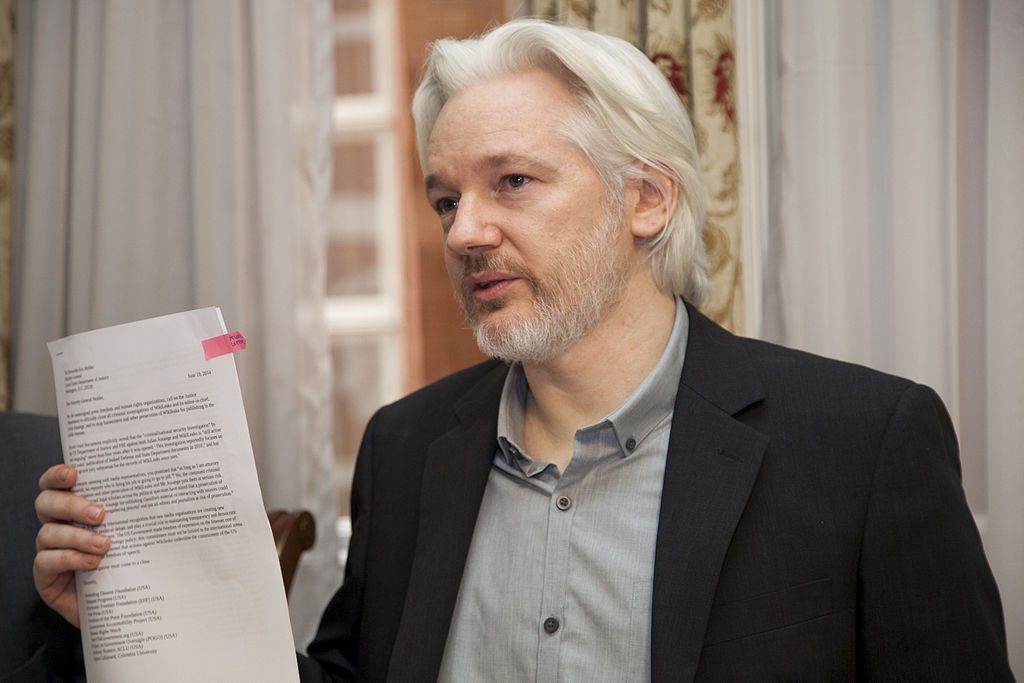
Publisher and Wikileaks founder Julian Assange faces extradition to the United States, Reuters reports.
On Friday, the Australian-born whistleblower was informed that the United States government won an appeal over his extradition in London’s High Court. Charged on 18 counts, Assange oversaw the publication of classified information, altogether constituting the largest leak in U.S. history. Mainly composed of U.S. military records and diplomatic cables, his accuser claims the leaks had endangered lives.
Assange, now 50, has been painted as an anti-establishment hero for shining an unflattering light on U.S. dealings across the world, more particularly during its cycle of interventions in the Middle East. WikiLeaks first made a splash in 2010 when it published a U.S. military video depicting a 2007 strike by Apache helicopters in Baghdad. A dozen people, including two Reuters employees, lost their lives during the incident.
The United States had been denied extradition by a UK court in January over fears that Assange would likely commit suicide in a U.S. prison. In that ruling, Judge Vanessa Baraitser said that extradition would be “oppressive” due to Assange’s mental health.
On appeal, London’s High Court judge Timothy Holroyde overturned the earlier decision due to a package of assurances given by the U.S. Among the assurances were favourable conditions of Assange’s detention, including a pledge not to hold him in an Administrative Maximum Facility (ADX) security prison in Colorado, and that transfer to Australia to serve his sentence, if convicted, was a possibility.
Assange and his legal team will now take their case to the Supreme Court, the United Kingdom’s final court of appeal. “It is highly disturbing that a UK court has overturned a decision not to extradite Julian Assange, accepting vague assurances by the United States government,” Assange’s lawyer, Barry Pollack, said. “Mr. Assange will seek review of this decision by the UK Supreme Court.”
The news was met with condemnation by Amnesty International’s Europe Director Nils Muižnieks, who said it was “a travesty of justice,” and that the U.S. indictment posed “a grave threat to press freedom both in the United States and abroad.”
